The Dedicated Gardeners of the Forest
Each year on August nineteenth, International Orangutan Day is celebrated. There are three species of orangutan throughout the world: Bornean orangutans, Sumatran orangutans, and the Tapanuli orangutan. All three of these species are in danger of extinction. This intelligent monkey was once common in the distant past throughout the island of Borneo and in Southeast Asia, but today they are only found on the island of Borneo itself.
Orangutans spend most of their time in the trees, especially in the tropical forests, where the trees are tall and rich with fruit. Unfortunately, the authorities in Borneo prefer to cut down the trees to plant palm groves for the production of palm oil. Palm oil is used in manufacturing cosmetics, food, cleaning products, and other products. Palms yield a relatively high amount of product, relative to the size of the groves, and thus palm oil is cheaper and more lucrative for the growers. Indonesia and Malaysia produce most of the world’s palm oil.
This loss of habitat is destructive for orangutans, but there is a way to help them. Look for the logo on products that indicates the company is committed to sustainable oil, which does not harm the environment.
These red-furred apes with long limbs are nicknamed the gardeners of the forest, since they eat mainly fruit, and the seeds they are unable to digest return to the earth in their waste, after partial digestion and are ready to grow from the ground.
At the Biblical Zoo, there are four Bornean orangutans, Sinta, the youngest of the group, was born in 2013 and arrived at the zoo at the end of 2020 from a zoo in Denmark. Ito, born in 2007, came from a zoo in Germany, Kassato, born in 2011, came from a zoo in Holland, and Suga, born in 2012, came from a zoo in Sweden. These four orangutans are part of the orangutan population management program by zoos of the European Association of Zoos. This organization is responsible for population management among zoos to create a backup population to the one in the wild. Their role is to form breeding groups with genetic variability to prevent the occurrence of mutations, often caused by genetic kinship.
We hope that this orangutan population will continue to grow, as well.
Pictured: Ito Photo: Uriel Nuri



